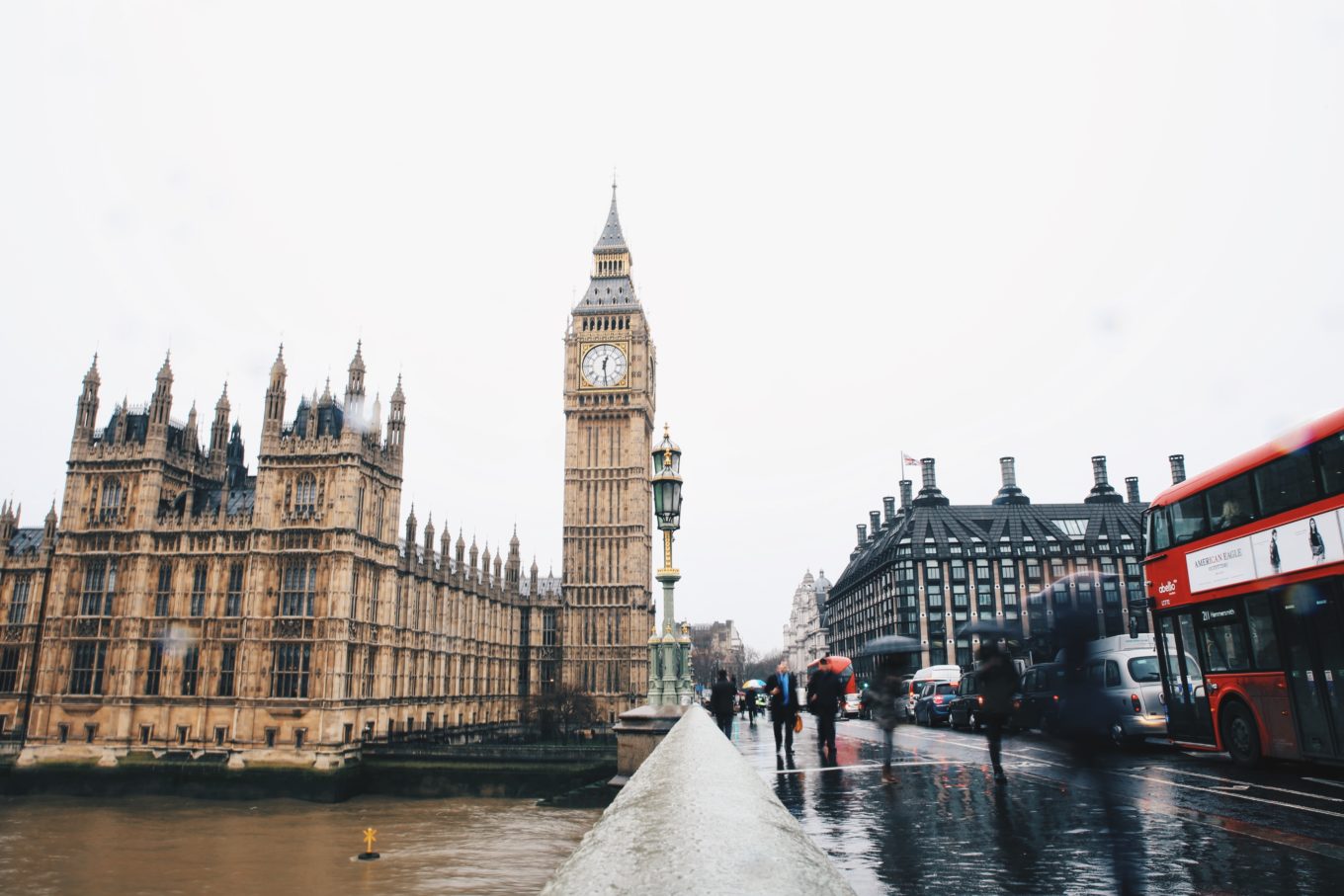Biden and Britain: Can the Special Relationship be Built Back Better?
By Michael Hartt, Partner and Head of International Affairs, London

Fireworks in London, church bells in Paris, and celebrations in the streets of Berlin. While the reaction across Europe to the election of Joe Biden and Kamala Harris may have been exaggerated – American media would benefit from a search for “Guy Fawkes Night” – there’s no question that their victory was warmly welcomed by many political leaders and citizens on this side of the Atlantic. But what happens next between the United States and the UK, as well as other European countries and the EU, remains to be seen.
Numerous European leaders were frustrated by the disruption and uncertainty injected into the transatlantic relationship by President Trump, with an added element of moral outrage from some over his approach to COVID-19, climate change, humanitarian crises and support for democratic institutions. Americans’ choice of Biden and Harris marks a return to “normal”, something desperately needed as Europe deals with these issues plus Brexit, immigration and security and humanitarian challenges in its neighbourhood. An American President advocating for multilateralism and diplomacy, and talking of decency and values, is a breath of fresh air.
There is no question that Biden’s win set the UK Government scrambling. Prime Minister Boris Johnson had aligned himself with Trump and there was much talk of a potentially poor relationship between Biden and Johnson, borne of disagreements on Brexit and Northern Ireland and offensive comments by Johnson about President Barack Obama. The UK losing its seat at the EU table and position as a European intermediary, and Secretary of State nominee Antony Blinken’s past description of Germany as America’s most important European ally didn’t ease their concerns.
Despite Conservative party leaders initially talking of Johnson “charming” Biden, discussion about building relations has shifted to substance.
Cooperation on climate change sits at the centre of the UK Government’s plan to engage the Biden Administration. Ahead of hosting COP26 in late 2021, the Government is strengthening its climate commitments, ramping up investment and reshaping private sector conditions, from continued support for renewable energy to a ban on sales of combustion engine autos from 2030. In addition to partnering with the United States on global climate policy, the UK’s approach could offer opportunities for American companies and investors in climate technology.
On the flip side, prospects for a post-Brexit UK-U.S. trade agreement are unclear. The UK’s Brexiteers have been desperate for a deal, as much for the optics of ‘Global Britain’ as the relatively small economic benefits, and Trump was a willing partner. While good trade relations between the UK and United States are essential, a trade deal may not be.
Biden has expressed scepticism toward Brexit and took a stand against the UK Government’s Internal Market Bill for potentially violating the Good Friday Agreement. Making a trade agreement a priority on Biden’s economic agenda, particularly with COVID’s economic impact and the need to address China on trade, could be a test for the special relationship for the UK.
On China and other messy economic issues such as technology regulation, there is common ground. The UK will almost certainly appreciate a strong and reliable partner in the United States – as opposed to a forceful but erratic one. But particularly where these issues also align with EU priorities, there are yellow flags for the American private sector. Think of fewer late-night Twitter explosions but more oversight and intervention. Similarly, on geopolitical challenges like curbing
Russia’s interference, managing conflict in the Middle East, and improving human rights around the world, an America driven by liberal values will be welcomed by Britain.
Even with some potential personal awkwardness and policy disagreements, the UK should be reassured by many aspects of a Biden Presidency. But there are warning signs for Britain over its actual influence – and whether (or how frequently) it will be bypassed for Brussels, Berlin and Paris. As the Government digs in for the hard work ahead, the characteristic British determination may need to be matched with an uncharacteristic dose of hope and optimism.
Find Out More
-
Platinum CMS Award
March 13, 2024
-
Changing Communications Tack at Mobile World Congress
February 21, 2024


